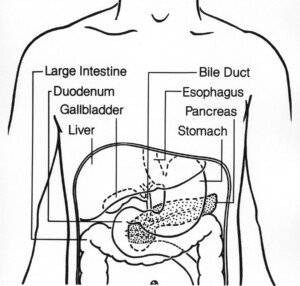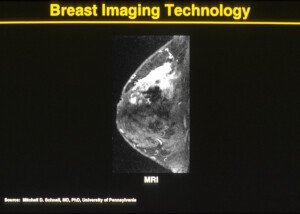
A woman who was personally touched by duodenal cancer offers valuable tips for those going through treatment.
Unless you have a known “condition or illness” that runs in your family, most do not go for an endoscopy or any scope for that matter.
That is changing with each milestone; a test (endoscope) should be done just like annual mammograms, and starting at age 35, for sure at age 40.
I’m not a doctor, but I’m writing from experience and knowledge I’ve gained over the years from collecting information about a rare cancer: duodenal cancer.
When this type of cancer is even mentioned, many people say, “Where is the duodenum?” or, “I’ve never heard of that cancer.”
Duodenal cancer is so rare that there is minimal research out there and unfortunately it gets shuffled into the same category as stomach or colon cancer, when, realistically, duodenal cancer is in a category of its own.
I’ve read case study after case study on duodenal cancer and while I’d like to state that what I’ve read is getting better, there’s still a long way to go. The key is as always to catch any type of cancer in time.
Whether lack of testing is due to insurance, money, work or just that slightly dismissive feeling of “I don’t get sick and I feel fine” — a little health maintenance lasts a lifetime.
The duodenum is the first part of the small intestine located between the stomach and the jejunum (the middle part of the small intestine).
After foods combine with stomach acids, they descend into the duodenum where they mix with bile from the gall bladder and digestive juices from the pancreas, just to give you an idea of the importance of this canal per se.
Needless to say, duodenal cancer symptoms are both painful and very warring, ranging from abdominal pain, weight loss, nausea, vomiting and chronic GI bleeding.
Depending on what stage of cancer a person may have is the “cocktail” of chemo, radiation therapy or, if the cancer is contained enough, a Whipple procedure (a major surgical operation involving the pancreas, duodenum and other organs).
I put together my own theory just from reading e-mails from people and seeing Google alerts that come up with the words duodenum or duodenal. The best way to get rid of cancer is to REMOVE it!
Cancer, Chemo, Radiation…they all do a number on your body and senses, and every day is a goal to figure out how to handle it, what to do and how to get through it.
You’ll notice it does a number on the people around you as well, so you’re never alone; everyone is empathetic.
I wanted to end this with a few tips. Although they might seem like common sense, when you’re actually in the moment, you might not be thinking straight.
Prior to starting chemo, go for a nice teeth cleaning (check with your oncologist first as if blood count is low, you won’t be able to). Always have orange peels and put them under your nose for nausea.
There are many appetite stimulants which should be taken to keep your weight on, which will in turn keep your strength up.
The thought of a port (a small medical appliance installed beneath the skin) might seem so permanent and although you’re determined to beat it fast, consider the port as something that, in the long run, could save a lot of unnecessary poking and pinches.
Should the duodenum become inflamed and they want to put a stent in, think hard and long about that, as chemo could shrink it and cause the stent to shift, which would cause even more problems you just don’t need.
I’m always available to chat with anyone going through duodenal cancer.
Visit here to contact Adrienne.


























